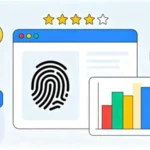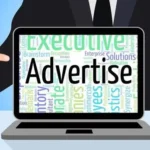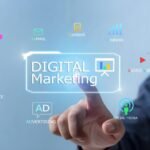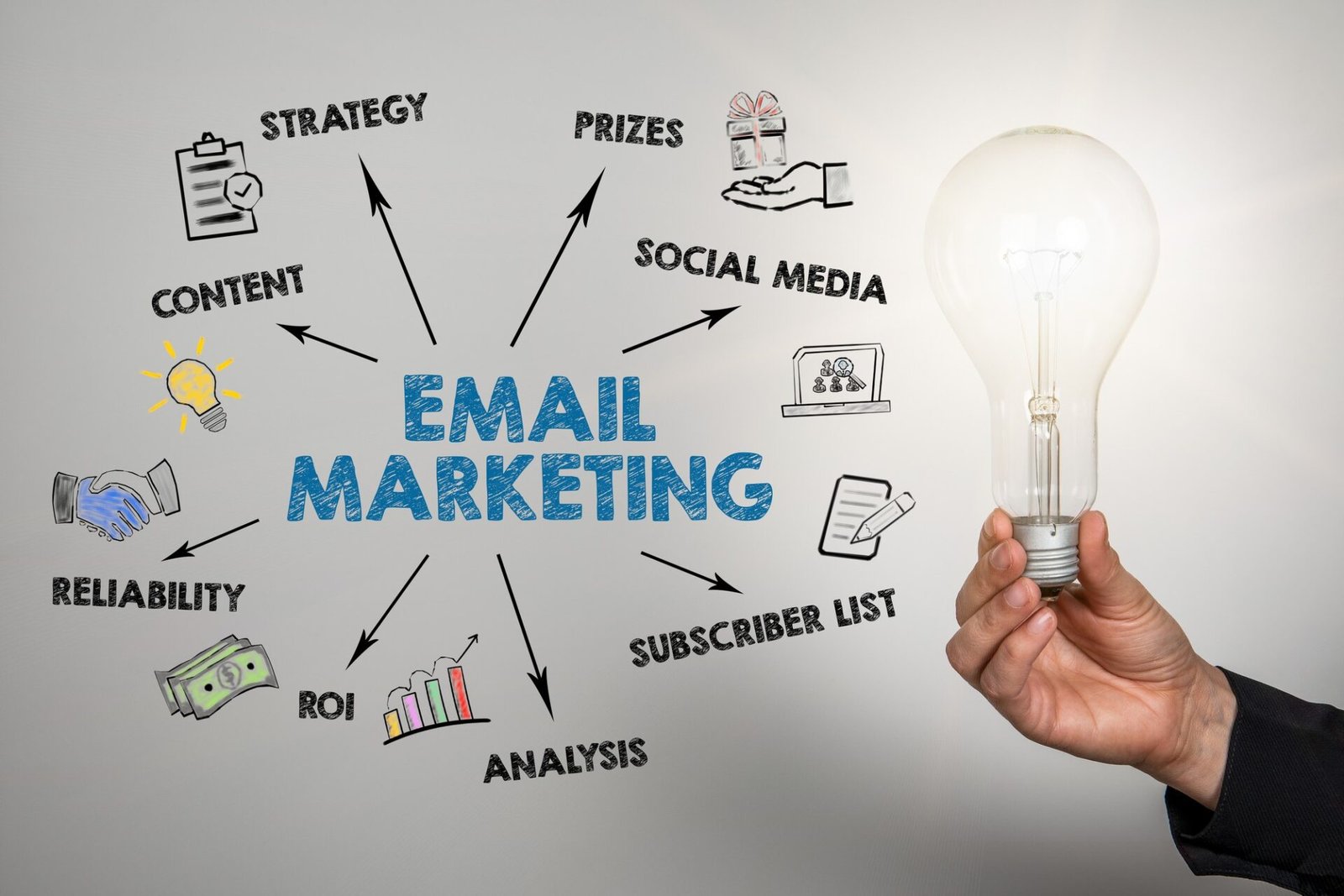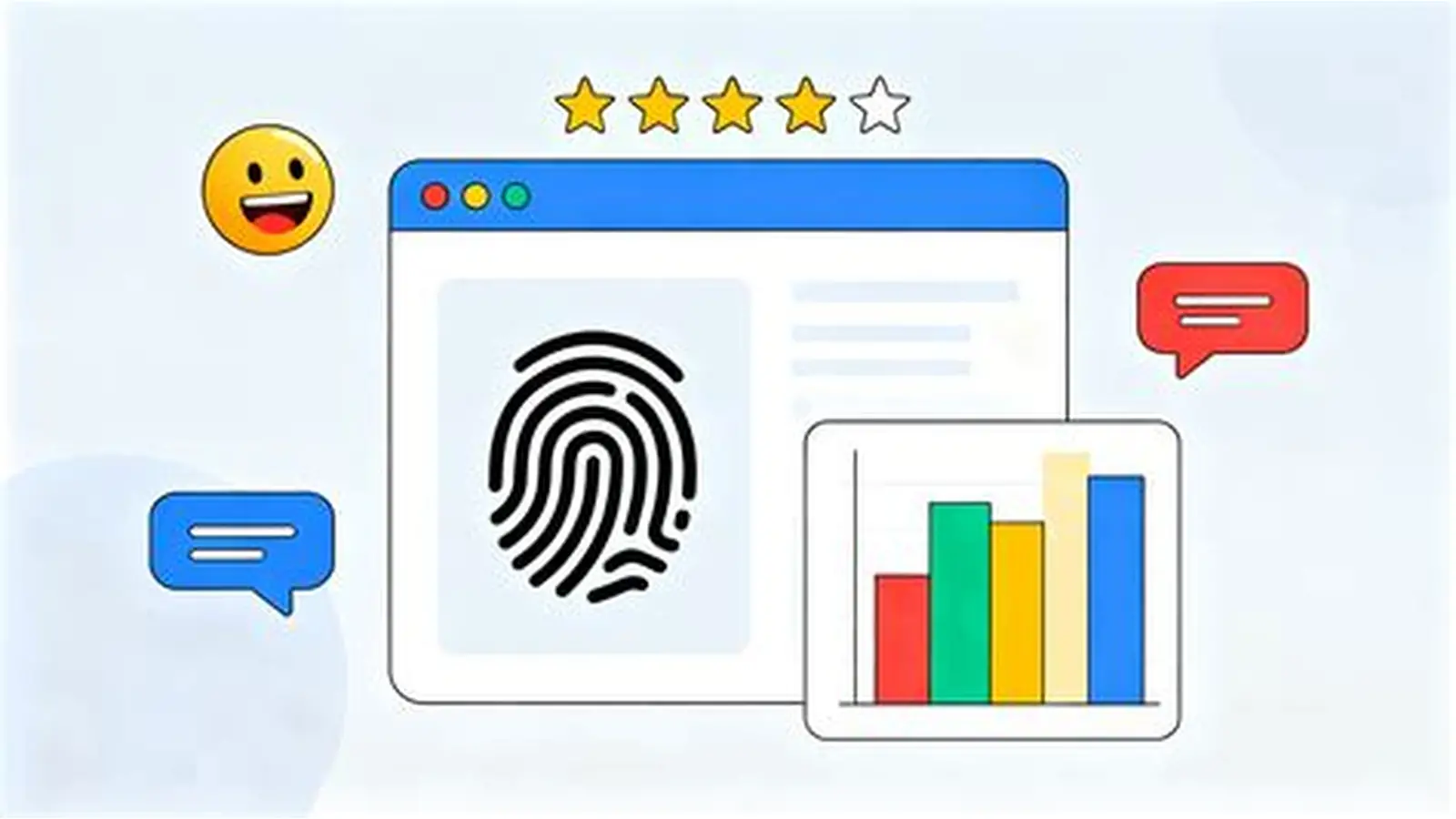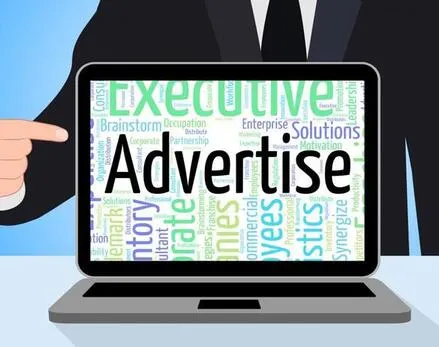Email marketing remains a cornerstone of effective digital strategies in 2025. Despite the rise of social media and AI-driven marketing, email continues to deliver direct, personalized communication with audiences. When executed strategically, email marketing drives engagement, conversions, and long-term customer loyalty.
Direct and Personalized Communication
Email allows brands to communicate directly with subscribers, delivering tailored content based on preferences, behavior, or past interactions. Personalized emails—such as product recommendations, updates, or exclusive offers—resonate with recipients, improving open rates, click-through rates, and conversions.
While email marketing remains a cornerstone of digital outreach, businesses often explore complementary channels to maximize engagement. Integrating cross-promotional strategies can significantly boost campaign performance across platforms.
For instance, a well-timed mention of high-value incentives in other digital spheres, like those found when exploring Casino jackpots online, can illustrate the power of compelling offers. This approach highlights how diverse digital tactics work in concert to capture audience interest and drive action, reinforcing a cohesive strategy.
Builds Customer Relationships
Consistent email communication nurtures relationships with your audience. Newsletters, updates, and follow-up campaigns keep customers informed and engaged. Over time, this consistent interaction builds trust and loyalty, encouraging repeat purchases and long-term engagement.
Drives Conversions and Sales
Email marketing effectively guides customers through the sales funnel. Promotional emails, abandoned cart reminders, and special offers convert leads into paying customers. With precise targeting and personalized messaging, email campaigns deliver measurable results and high ROI.
Supports Other Marketing Channels
Email integrates seamlessly with other digital marketing channels. It complements social media, content marketing, and paid advertising campaigns by reinforcing messages, promoting new content, or encouraging users to take action. This cross-channel synergy strengthens overall digital strategy.
Enables Segmentation and Targeting
Advanced email marketing tools allow segmentation based on demographics, behavior, purchase history, or engagement level. Segmented campaigns deliver relevant content to specific audiences, reducing spam perception and increasing the likelihood of positive interactions.
Provides Measurable Results
Email marketing offers precise metrics such as open rates, click-through rates, conversions, and engagement patterns. Tracking these metrics enables marketers to evaluate performance, test subject lines or content, and optimize campaigns for better results.
Expert Guidance for Soccer Betting
https://www.bestussportsbetting.com/ delivers insights, strategies, and predictions for soccer enthusiasts. Users can enhance their wagering decisions responsibly. The platform provides tools for informed betting at every level. Join the community and improve your soccer betting experience.
Automates Marketing Efforts
Automation features streamline campaigns, allowing brands to send emails based on triggers, schedules, or user actions. Automated workflows save time while maintaining personalized communication, ensuring timely and relevant messaging for each subscriber.
Enhances Customer Retention
Email marketing is effective for retaining existing customers by keeping them informed about updates, loyalty programs, or exclusive offers. Engaged customers are more likely to remain loyal, provide referrals, and contribute to long-term revenue growth.
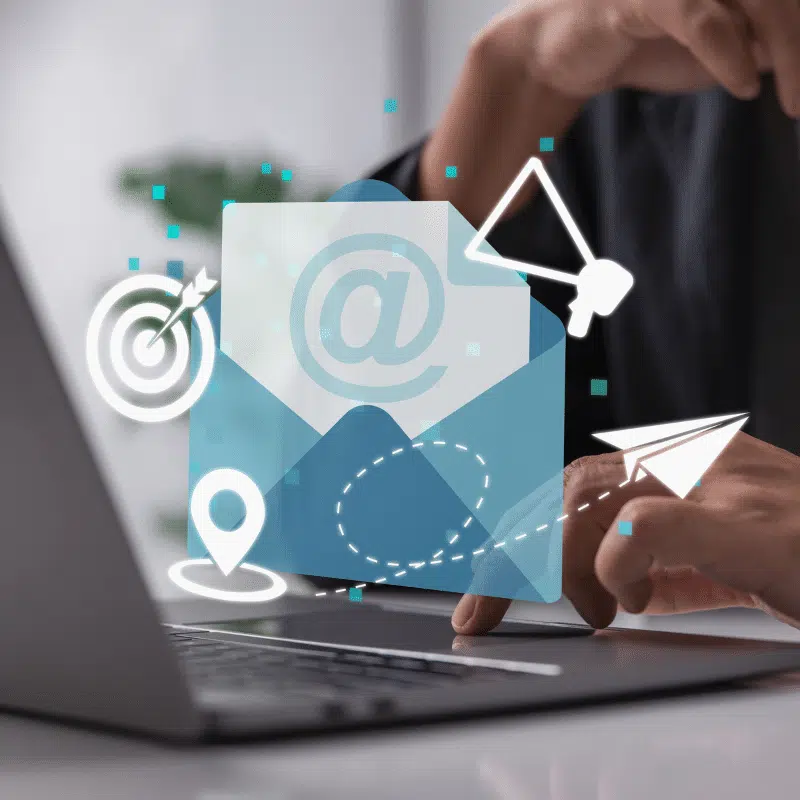
Cost-Effective Marketing Channel
Compared to paid advertising or traditional campaigns, email marketing is highly cost-efficient. With minimal expenses, businesses can reach large audiences while achieving significant engagement and conversion rates. Its affordability makes it accessible for businesses of all sizes.
Wolf Winner Casino for Australia
AjansFirat.com shares the latest news and updates in digital marketing and media trends. For users looking for online gaming, Wolf Winner Casino for Australia offers an exciting and secure platform. Both platforms prioritize delivering trustworthy and engaging content to their audiences.
Conclusion
Email marketing plays a crucial role in digital strategies in 2025 by enabling direct communication, building relationships, driving conversions, supporting other channels, enabling segmentation, providing measurable results, automating campaigns, enhancing retention, and offering cost efficiency. By leveraging email strategically, businesses can strengthen engagement, boost sales, and achieve sustainable growth in a competitive digital landscape.

